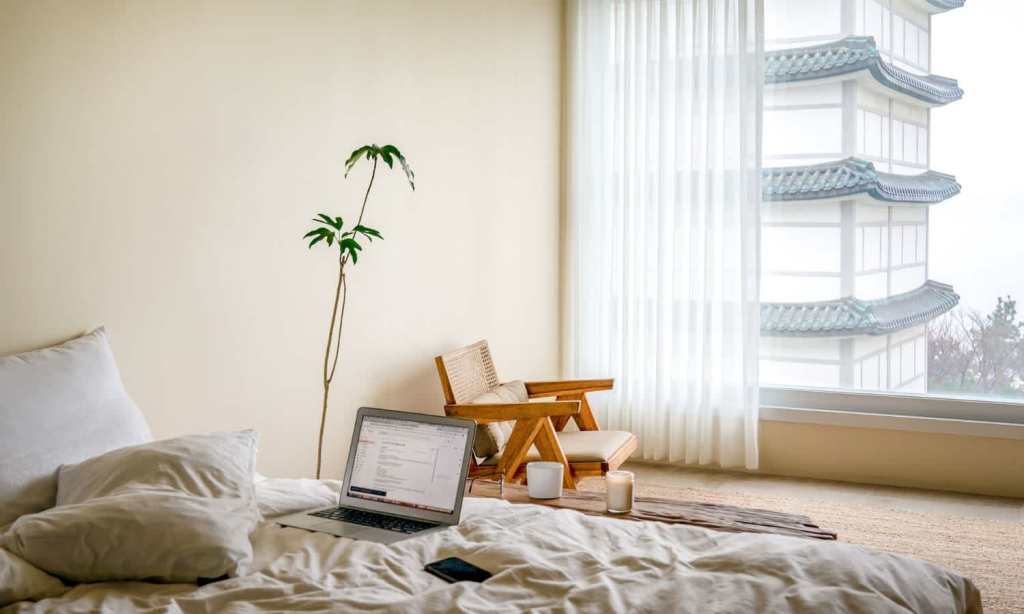Never heard of bleisure? You’re not alone — it’s a relatively new word.
But with the Future Forecast 2024, released by futures think-tank SOON, focusing on trends among millennials and Gen Z, identifying it as an emerging trend, it’s a term you’re likely going to be hearing a lot more of and so should become familiar with.
So, what is bleisure exactly? Bleisure travel is a way of travelling that mixes both business and pleasure (technically, leisure) and, according to the report, is increasingly becoming more popular among young travellers.
“In a world where you can work anywhere, the desire to break up the 9-5 Zoom barrage is ever imminent,” says Sarah Owen, lead futurist at SOON. “People crave more frequent moments of escape, with a change of perspective as location.”
The report found that travellers were now opting for longer trips. Bookings for 28-night minimum jumped from 14% of nights booked in 2019 to 24% in Q1 2021 as experience-centric slow tourism rises.
As for what role COVID has played in the trend, Owen says the pandemic and lockdowns have directly impacted it. She says the toll COVID has placed on mental health has resulted in bleisure travellers seeking work-life balance, as well as new destinations to bring them out of their rut.
“Pre-COVID, working from home was a luxury,” Owen says. “After many months of working from home, with productivity remaining unwavering, businesses are beginning to see the advantage of flexibility. Employees have cottoned on, with greater opportunity to work from anywhere.”
And while Australia is still limited in terms of domestic and international travel options, with state and country borders shut for the timebeing, travellers outside of Australia are already taking advantage of bleisure.
Countries such as Croatia, Estonia, Barbados and Georgia have introduced ‘digital nomad VISAs’ to help revitalise their economies and recover from the pandemic. Remote workers can now easily apply for a 12-month VISA – in some cases up to two years – in these tourism-dependent countries, allowing them to live and work long-term in a new location.
In the US, more than 40 cities, towns and communities are also adopting this strategy, offering cash incentives to remote workers to relocate, according to MakeMyMove.
The Northwest Arkansas Council, for instance, unveiled a new programme offering remote workers USD$10k and a free bike to relocate within six months, while Morgantown, located in West Virginia, is giving out packages, including cash grants, outdoor-gear rentals and complimentary ski tickets, valued at USD$20k.
Whether Australians will take advantage of these relevant international perks, and whether towns or accommodation within Australia will start to offer bleisure travellers incentives, only time will tell.
Read more stories from The Latch and subscribe to our email newsletter.







